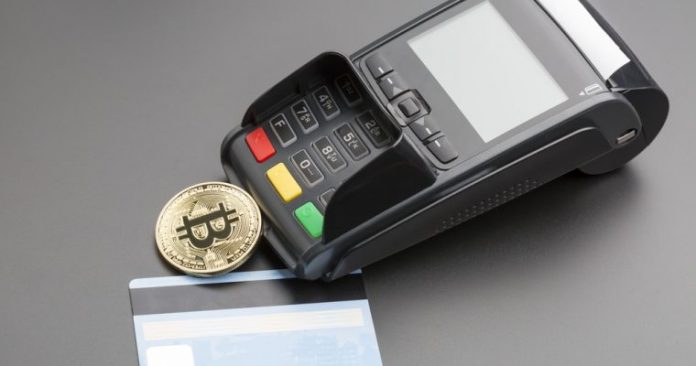Monica Eaton-Cardone, a fintech executive specializing in risk management and fraud prevention, has published a report explaining that there is a real expansion of blockchain-based technologies in the retail sector.
First, she found that the market value in 2023 will be 29 times higher than in 2018, rising from $80 million to over $2.3 billion, with a compound annual growth rate of 96.4%.
Blockchain for payments
Although to date only 6% of businesses in the industry have stated that they are ready to use DLT-based solutions to receive payments, according to the results of the survey, this number will grow 13 times within the next five years.
9% could be reached within one year and a further 43% within one to three years.
In total, the percentage of companies that said they were ready to integrate DLT solutions for payments within the next five years was 78%.
Eaton-Cardone said: “Bitcoin has suffered high-profile hacks and wildly fluctuating prices in recent years, so wariness of cryptocurrency has led some to be leery of blockchain by association. But the technology is starting to spread throughout the retail industry now that early adopters are proving its real-world potential”.
The retail sector has already begun to use DLT for other applications than payment applications, and this will help accelerate adoption rates across the industry.
For this reason, the market value of these technologies is expected to grow almost 30 times in just five years.
Other blockchain/DLT applications in retail
Applications that are already creating innovation in the industry include supply chain and inventory management, authenticity verification (against counterfeiting), subscription and automatic renewal services, and customer loyalty programs.
This is made possible by the use of distributed ledgers to collect shared product tracking information and to access it very quickly and easily. In this way, it is also possible to easily monitor the location of the goods, from the manufacturer to the warehouse, to the shop, to the till.
In addition, blockchain-based tools can help manufacturers to limit trademark infringement and customers to verify the real origin of a product to ensure that its origin is legitimate.
Whereas, in the case of products or services sold by subscription or recurring billing, distributed ledgers can help sellers prove that they have obtained the customer’s consent, while consumers can prove any requests for termination of the contract.
Finally, blockchain allows better management of customer data without forcing sellers to store it in their own databases and can also be used to manage loyalty programs making it easier to track, redeem and exchange points.
Eaton-Cardon concludes: “Today’s retail applications are proving that blockchain definitely lives up to its hype. Distributed ledger technology has moved from theoretical possibilities to practical uses, and the implementations we’re seeing now are just the tip of the iceberg in terms of what blockchain can do for retailers. I believe blockchain has the capacity to completely reshape the retail landscape within the next five years”.




